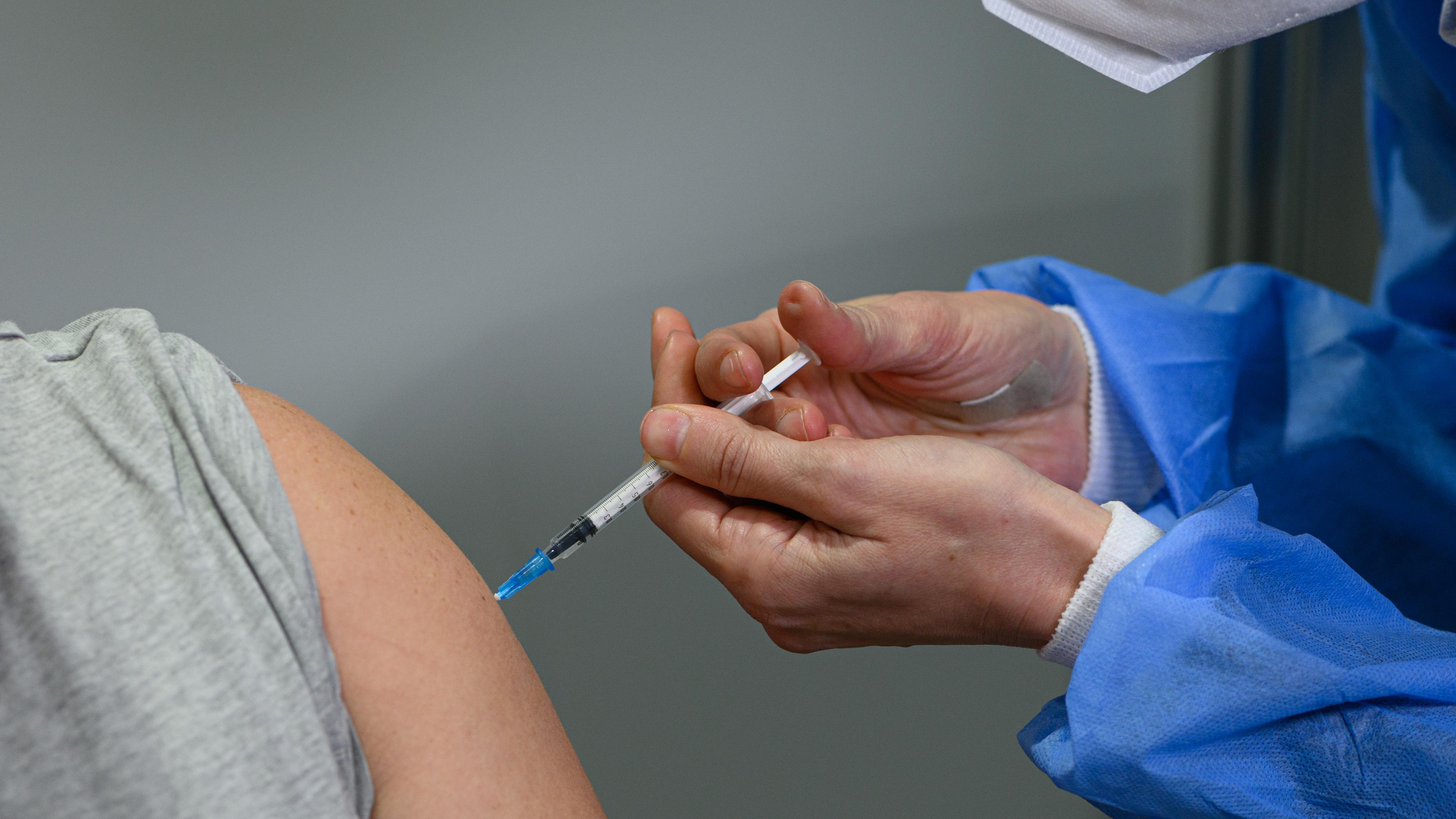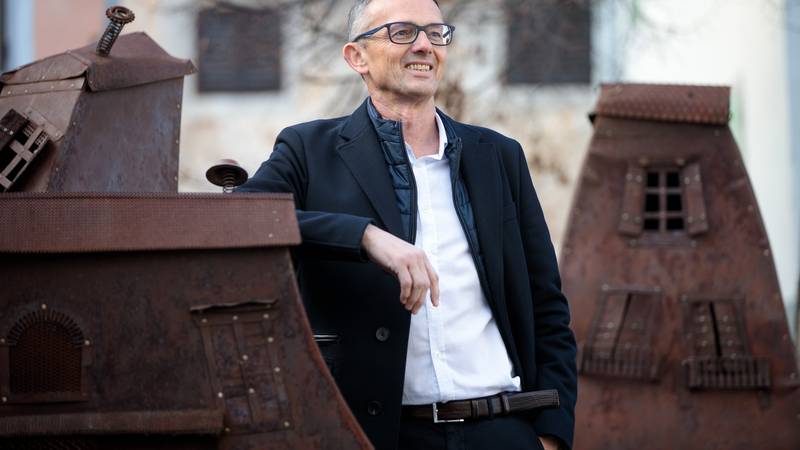The invisible crisis after birth in focus

Under the motto « Healthy Beginings, HopeFul Futures », World Health Day on April 7 is devoted to the health of mothers and newborns. One aspect that is often too little attention is the mental health of young mothers. In particular, prenatal and postnatal depression affect many women – with consequences that extend far beyond birth.
The Luxembourg Patient Ordinance now draws attention to this topic in a press release and demands more awareness, support and education.
More than hormonal fluctuations
Some women develop depressive symptoms during pregnancy. According to studies, more than every tenth pregnant woman is affected. Delegation, feelings of guilt, fears, sleep disorders – all of this can occur before birth and, untreated, increase the risk of severe postnatal depression, as the statement states. The burden often remains undetected and the women concerned alone.
« Many women experience a ‘Baby Blues’ – mood swings caused by hormonal changes in the first few days after birth. These symptoms usually disappear after two weeks, » said the patient. However, if the depressive mood continues or only later, it is a serious illness: postnatal depression. Ten to 15 percent of mothers worldwide are affected, less often – but also – fathers.
Typical signs are persistent sadness, extreme exhaustion, sleep problems, difficulties in binding to the baby as well as fears or even thoughts to harm yourself or the child.
Despite the frequency, depression around the birth is a taboo subject: « For fear of being stamped as a bad mother, many women are silent – early treatment could prevent serious consequences. Depression is not weakness in character, but serious diseases, » writes the patient representation.
Treatment is possible
Prenatal and postnatal depression are easy to treat. The patient representation emphasizes various support offers:
-
Psychotherapeutic accompaniment, especially cognitive behavioral therapy
-
Medicinal treatment, sometimes also possible during pregnancy and lactation
-
Family and social support
-
Exchange with other affected people in self -help groups or advice centers
Luxembourg’s doctors know: movement helps – but they hardly prescribe
According to its own statements, the patient representative plans an information event in the course of the year to promote information and to offer perspectives and support.








